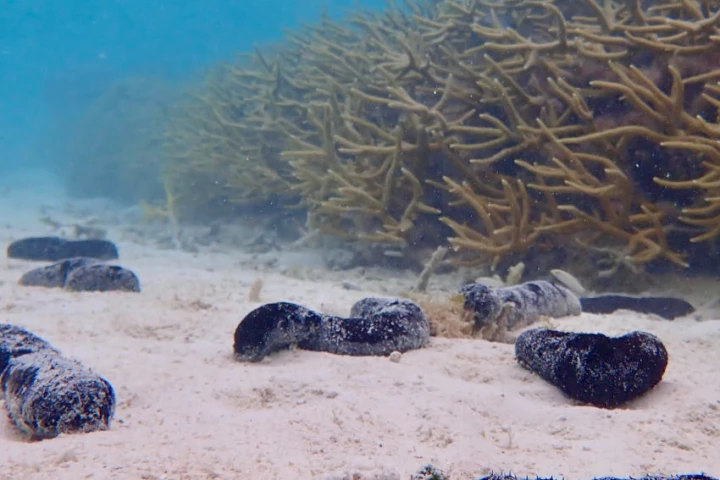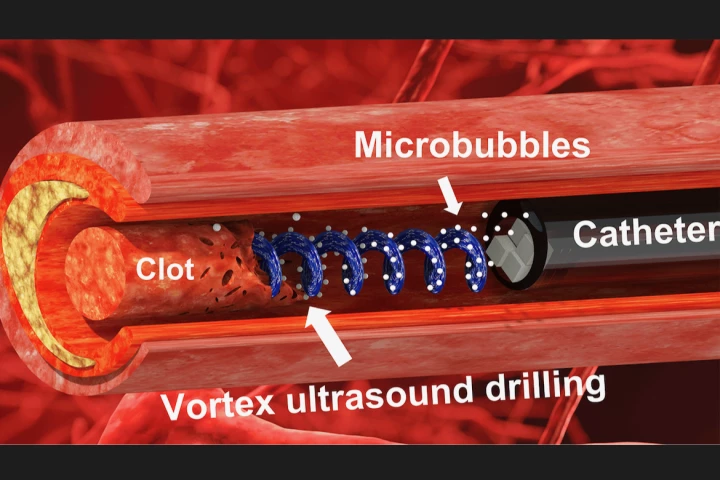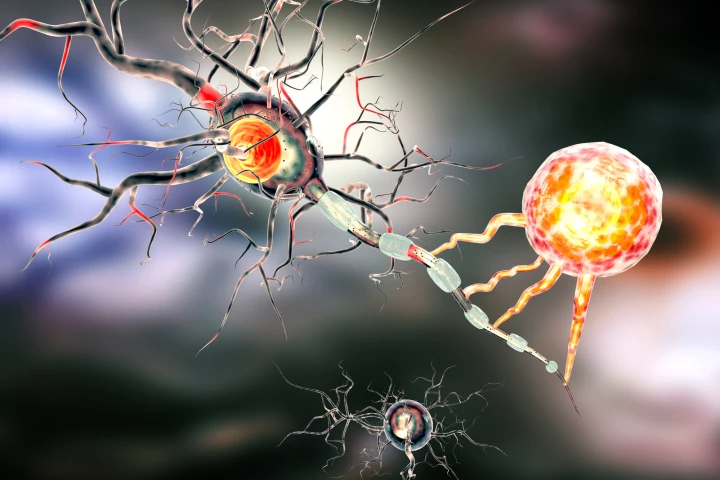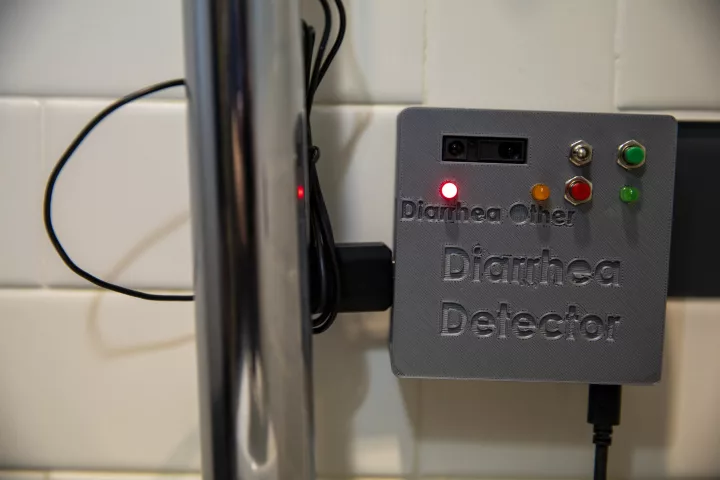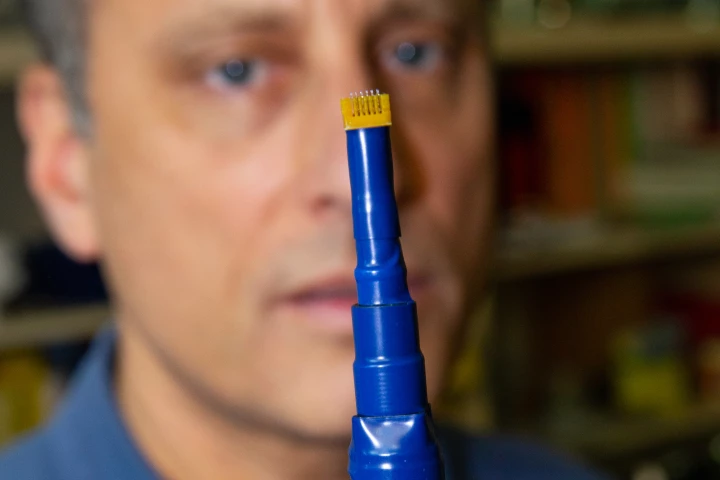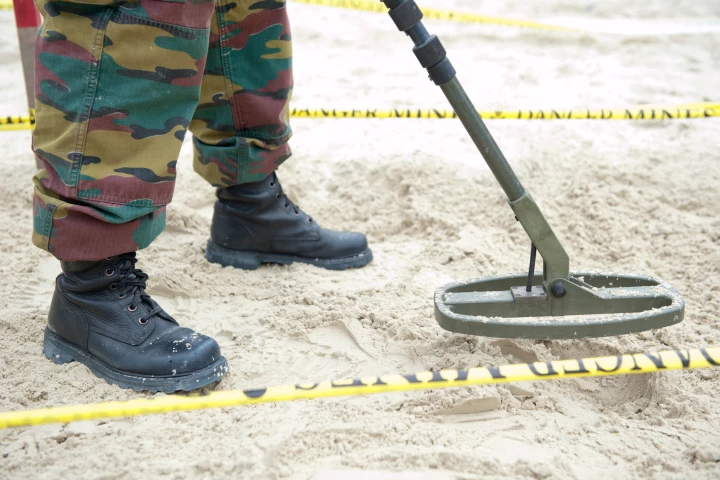Georgia Institute of Technology
-
Although the humble sea cucumber may not look like much, it could soon be recruited to help save the world's coral reefs. The bottom-dwelling animals have been found to play a vital role in protecting corals from harmful bacteria.
-
Ever wondered what it would sound like if Michael Jackson, Cardi B and Jay-Z made a song together? Now you can find out with a new app that uses AI to help you make a mashup of your favorite songs – no DJing experience required.
-
In order to get tested for sleep apnea, patients have to spend a night sleeping at a clinic with numerous hard-wired sensors stuck to their skin. A new facial patch system however, could soon allow those people to spend the night in their own bed.
-
Although biped and quadruped robots may excel at traversing uneven terrain, they require multiple sensors and complex algorithms in order to do so. Scientists have now taken a "simpler" approach, by creating a robotic centipede.
-
It goes without saying that if someone has a blood clot in their brain, that clot should be cleared as soon as possible. An experimental new transducer could help, as it uses swirling waves of ultrasound to break up blood clots much faster than existing methods.
-
A new technique using piezoelectric nanoparticles that are activated via bursts of ultrasound has shown promise as a wire-free way to stimulate the brain. It could be used to treat Parkinson's disease and other brain-based disorders.
-
When it comes to communicable diseases, it's important to identify the source of an outbreak ASAP. In the case of cholera, a new toilet sensor could help, by detecting how many people in one area are experiencing one of the main symptoms – diarrhea.
-
Stents can make a life-saving difference for people with vascular problems, as they open up narrowing blood vessels. An experimental new one goes a step further, by actually transmitting blood flow data to an external computer or mobile device.
-
Although there are various systems that detect quadriplegics' head movements, most such setups are limited to the control of wheelchairs. Such is not the case, however, with the MagTrack system.
-
Although electroporation technology is very effective at delivering DNA-based vaccines, the required equipment is bulky, complex and expensive. Now, however, scientists have shown that a converted barbecue lighter is capable of doing the job.
-
While aerial drones do show promise as a means of urban parcel delivery, their small size will limit them to carrying relatively light packages. An experimental new system, however, lets multiple drones team up to hoist heftier items.
-
The excavation and disposal of landmines is a time- and labor-intensive business, so it can be quite a waste of resources if the detected object is not actually a mine. A new system could help, by reducing the number of mine-hunting errors.
Load More
